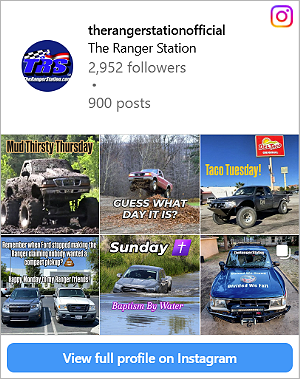CajunPwnStar
Well-Known Member
Had my water pump go out on me the other day on the way home from work. Sending unit wire for the temp gauge was broken off when I hit a limb in a storm and I hadn't gotten around to fixing it, so didn't realize I lost my coolant until I heard the rattle. I immediately pulled over and let it cool down enough to refill it with water. Thank goodness I know the woes of owning a 21 year old truck, so I keep basic tools, water, and common parts in the extra cab. Unfortunately didn't have a water pump. After letting it cool and filling it with a gallon of water, I saw the water coming from the weep hole. It started right up with no hesitation and the valve train rattle went away. When I got in the driveway. I could hear it begin again. Cool, fill, no noise again. I've since replaced the pump and haven't heard the rattle since, no coolant in the oil, etc.
Is there a way to see if the head's warped or would it be best to not chance it and just pull one from the junkyard?
Is there a way to see if the head's warped or would it be best to not chance it and just pull one from the junkyard?












